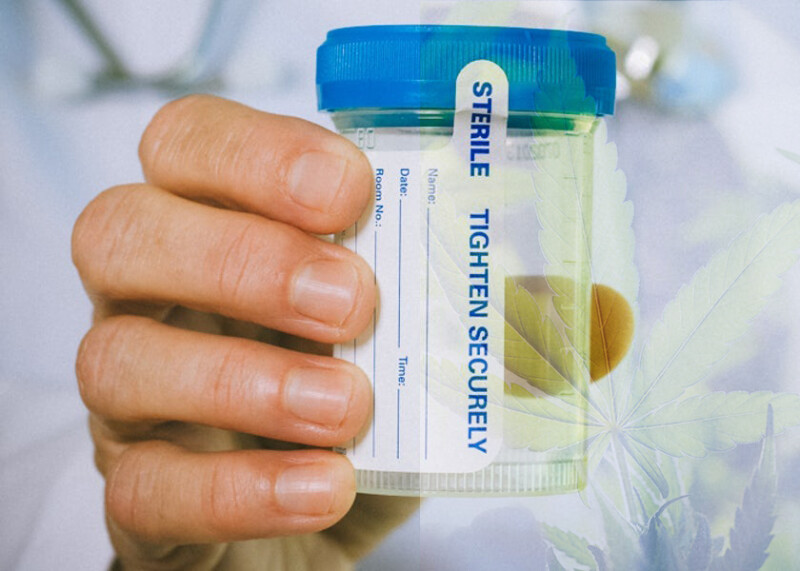Mariners know that their licenses are on the line when it comes to substance abuse. Operating a vessel while impaired is a career-ending move, not to mention that it threatens the safety of both passengers and crew.
Regulatory requirements for drug testing of mariners are outlined in 46 CFR parts 4, 5 and 16. All persons regulated and licensed by the Coast Guard must pass a drug test and must be enrolled in a random drug testing program. These tests are limited to alcohol, marijuana, cocaine, opiates, amphetamines, and phencyclidine (more commonly known as PCP). Currently, half of all mariners are tested randomly each year, which can be adjusted based on a formula measuring positive annual drug tests.
I have always supported drug testing, but recently myself and other vessel operators have been taking a harder look at the effect marijuana testing has on our industry. While there are tests for impairment for other substances such as alcohol, there is no such test for marijuana. As states loosen marijuana laws, we see more and more individuals who might be regular or occasional marijuana users test positive and therefore put their licenses at risk. The problem is that marijuana can stay in one’s system for many weeks and even a casual user can test positive, but still not be impaired.
A strict federal law that precludes marijuana usage among transportation workers, in the face of loosening state laws, limits the potential pool of employees at a time when finding suitable workers is extremely difficult. I have heard of potential hires that turn down job offers after learning that drug testing is required.
There has been legislation introduced in state legislatures which would prevent workers from being fined for a positive test for marijuana. The argument is that workers who use this substance in their spare time should not be penalized if they are not impaired in the workplace. The problem is that federal law preempts state law. It is further complicated by the fact that there is currently no test that measures impairment from marijuana.
I am not advocating marijuana use. However, as states loosen marijuana laws, use of the substance will increase. As a result, there needs to be a serious discussion at the national level about amending current federal law concerning marijuana use among transportation workers. At the same time, a testing regime for marijuana impairment must be developed. After all, our goal is to promote safe and sober operations.




